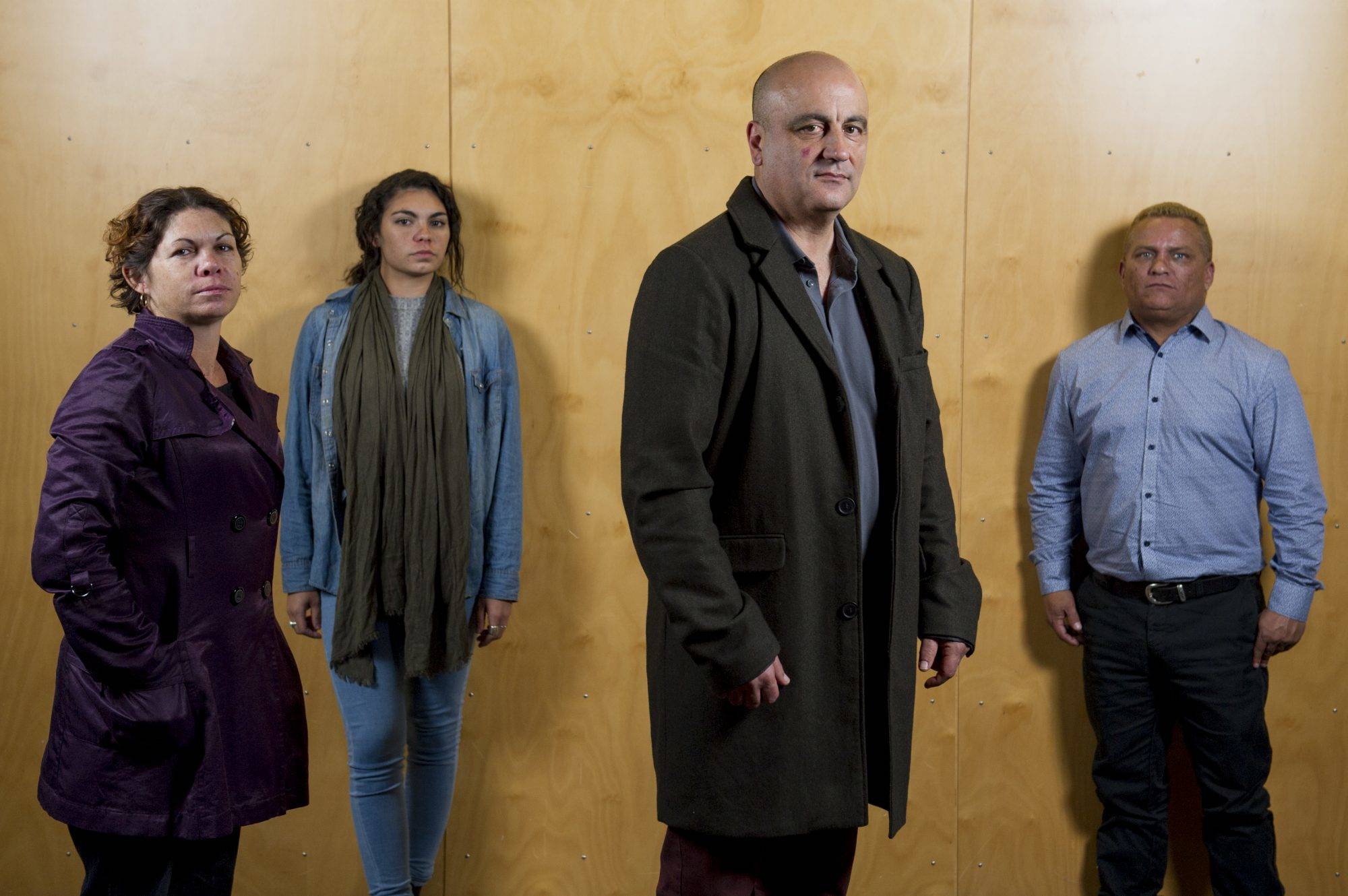Warning: The contents of this story may be distressing to some.
Time: whilst it is something Gerry Georgatos says he is running out of, it is something he says children should never spend behind bars.
“With my Parkinson’s, I’ve got little life left in me but I will surrender every last particle of me to see these children’s prisons abolished and these kids supported,” Gerry tells TGH.
Gerry, who runs The Georgatos Foundation and is the national coordinator of The National Suicide Prevention and Trauma Recovery Project (NSPTRP), is one of a group of prison abolitionists who launched a class action against the state of Western Australia in August last year.
The action currently involves around 600 former detainees of Banskia Hill Juvenile Detention Centre in south Perth. They are seeking compensation for the alleged rights abuses they suffered in the facility.
“I’ve seen no more vulnerable and harrowed children than the children of child detention,” he says.
“Many of these children, black, brown or white, were born into disadvantage and suffered the likes unimaginable to household Australians. They come from horrific trauma and are completely unseen and unheard.”
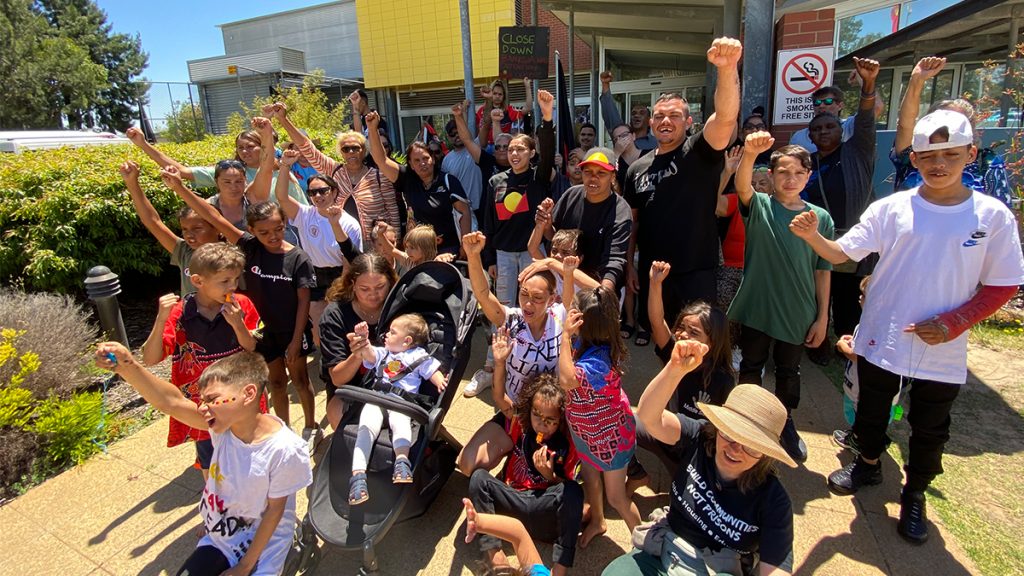
‘Unseen and Unheard’:
Despite international pressure, a child as young as 10 can be imprisoned in Australia, being forced to serve their sentence in juvenile detention centres alongside other young offenders aged 10 through to 18.
Of the 132 total prisons in Australia, 17 are for youths.
“Western Australia, the largest state in the country, has only one child prison. So we uproot kids from all over the state away from their families and we jail them at Banksia Hill,” Gerry says.
“It is not a place of rehabilitation. Most of the kids who go into Banksia Hill, are failed, even the 10 and 11 years, institutionalizing them.
“Up to 70% of Banksia detainees will go on to adult incarceration. That is a major disaster that should have been prevented with one-on-one nurture.”
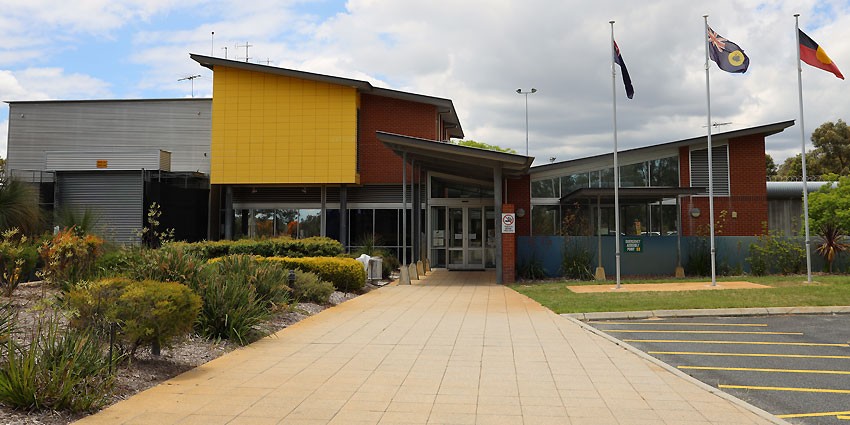
In 2018, Amnesty International reported that children detained in Banksia Hill were subject to inhumane treatment, being forced to ‘earn bedding’, fed through a grille in a door, solitarily confined, denied access to education and deprived of family contact.
During a recent visit to the facility, Australia’s National Children’s Commissioner Anne Hollonds said: “These are children in need of care and treatment for complex disabilities and serious mental health problems.”
“Other countries have found ways to support the welfare of children instead of imprisoning them. Australia needs to make our children a national priority,” Ms Hollands added.
In a statement made in April this year, the Director General of the Western Australian Department of Justice, Dr Adam Tomison admitted that Banksia Hill had adopted a “restrictive regime” which was undesirable and that a number of measures and reforms had since been introduced.
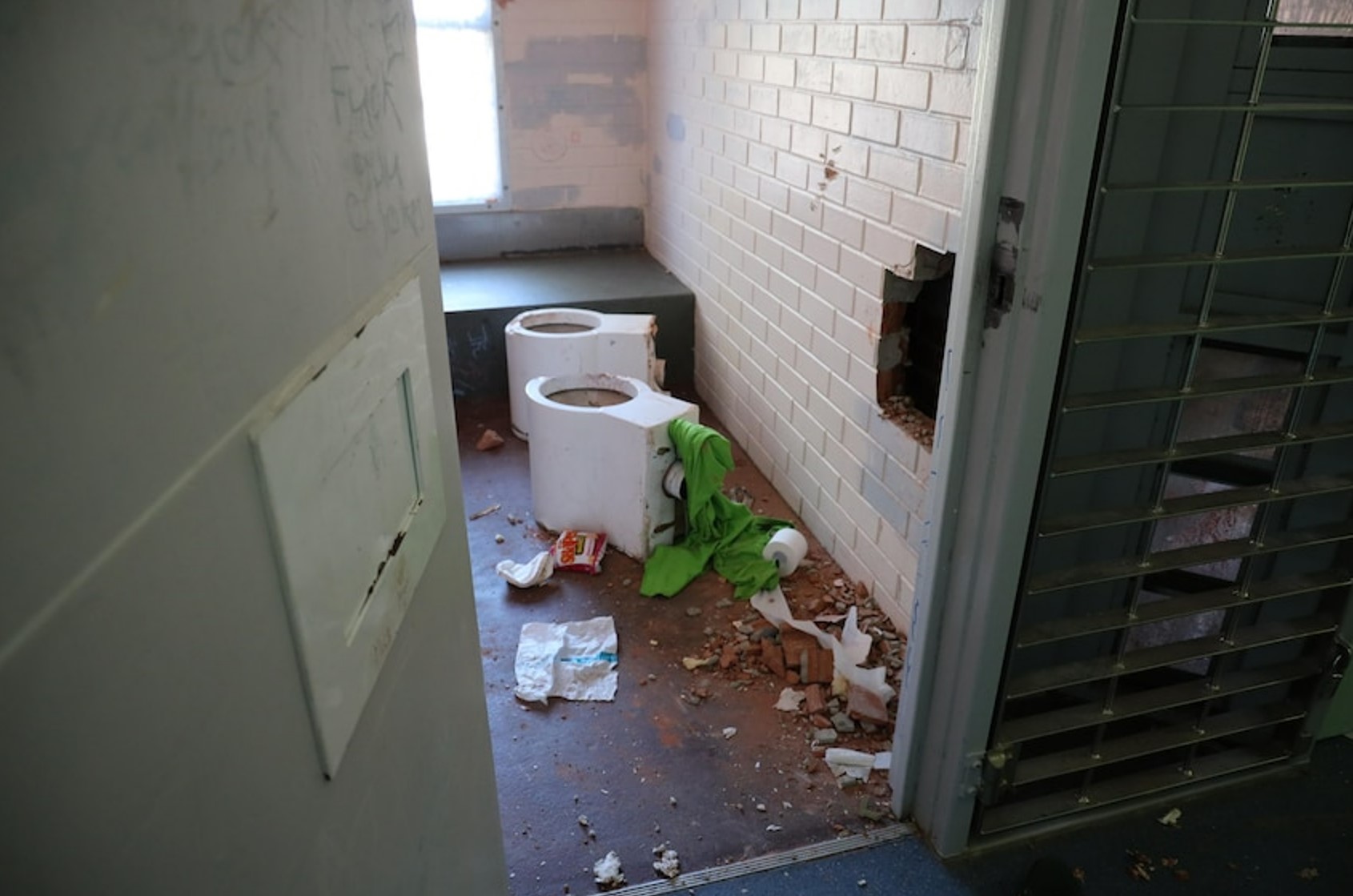
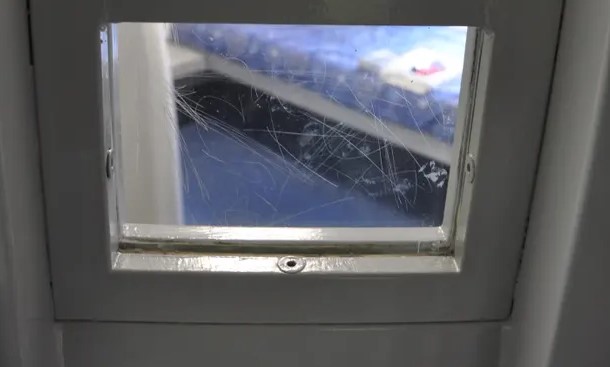
‘You don’t give up on anyone’:
Gerry’s first in-reach involvement with Banksia Hill was in March 2020 when WA announced its COVID-19 lockdowns and the NSPTRP entered the prison as the only external provider.
Alongside lawyer and NSPTRP Director Megan Krakouer, as well as his law student daughter Connie, Gerry got to work for eight weeks, seven days a week.
“We went in there to change lives and we knocked ourselves out showing them how to do the restorative work, the intense psychosocial support, the inreach and the outreach,” he says.
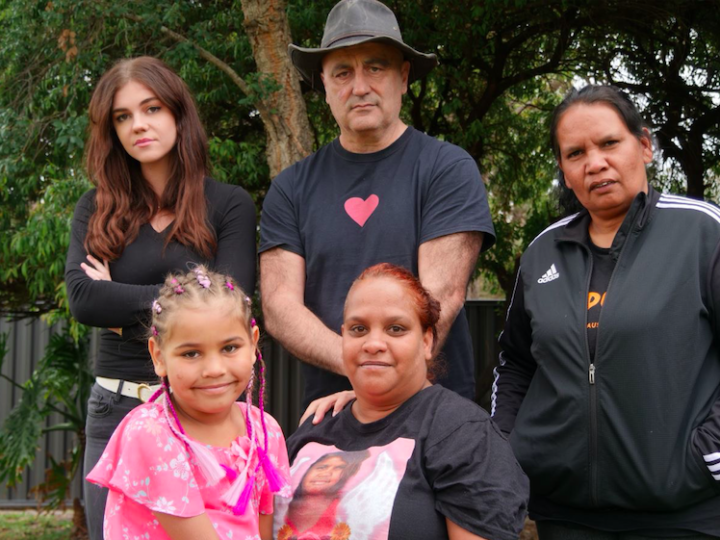
“You don’t give up on anyone. No matter how hard, everybody’s entitled to redemption and a clean slate.
“Some of these kids aren’t in there for small-time crimes, they’re in for some shocking crimes but we gave out the love and the respect. They gave us their trust and unpacked their stories to us, some detailing all sorts of trauma like child sexual abuse for the first time.”
From March to May 2020, Gerry says there were no violent incidents at Banksia Hill and the female prison population more than halved from 18 to 7.
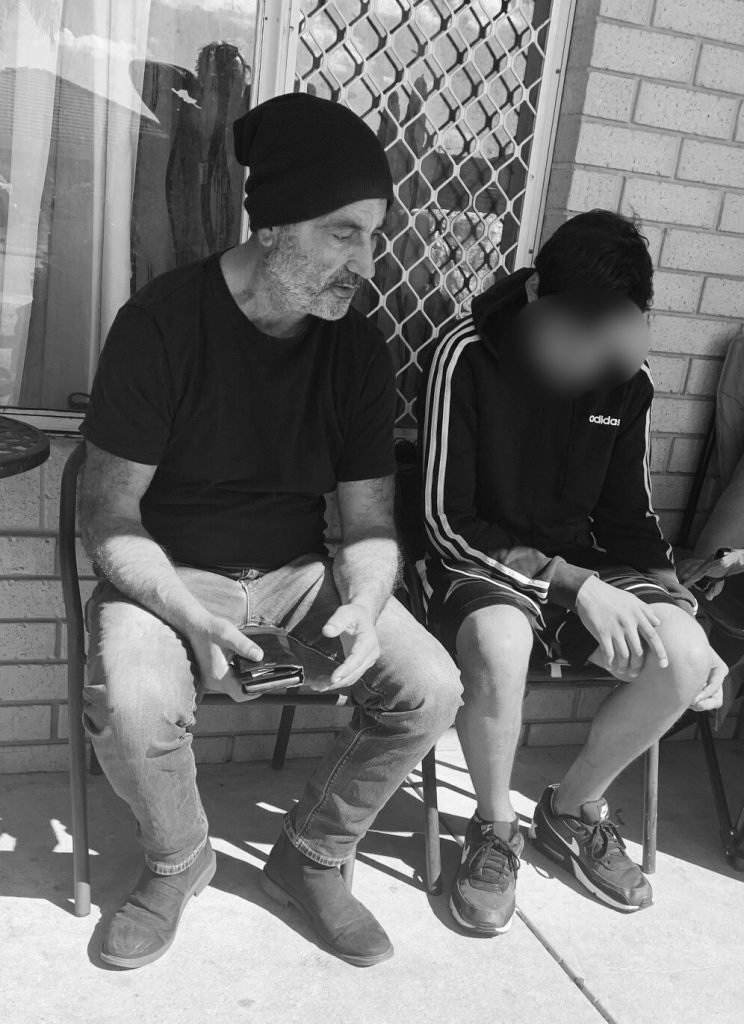
His team worked one-on-one with the detainees, applied successfully to the Children’s Court for their release and established tailor-made supports facilitating pathways to health care, secure housing, education and employment for both the children and their families.
The NSPTRP finished working in Banksia Hill on May 23, 2020. Since then, Gerry says there has been over $5 million in damage caused by a mismanagement of behaviour.
‘We need one on one nurture’:
As for the way forward, Gerry says there needs to be a national rethink of juvenile detainees.
“They’re just kids, not monsters,” he says.
“We need one on-one-nurture and I want to see those who we release be supported. I’m asking for 100 seasoned experts to go in and work directly with these kids.
“You give love, you get love, you give hate, you get hate, anger, confrontation and people diminished to their worst selves. Love, like anything, reciprocates.”
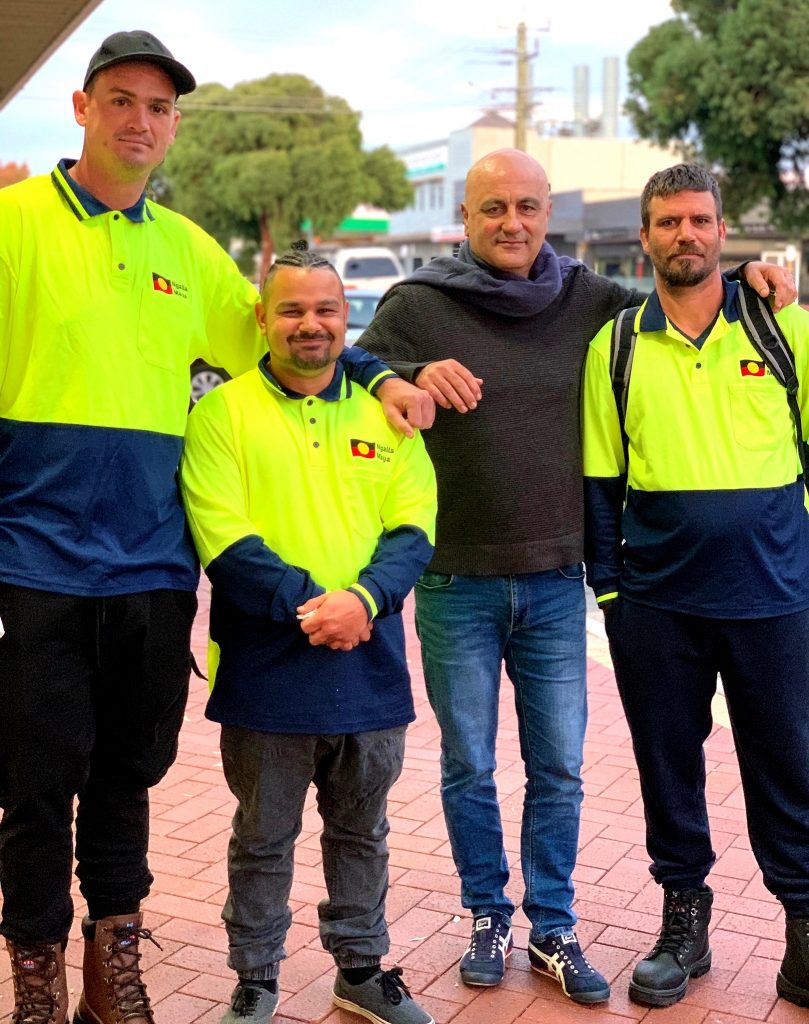
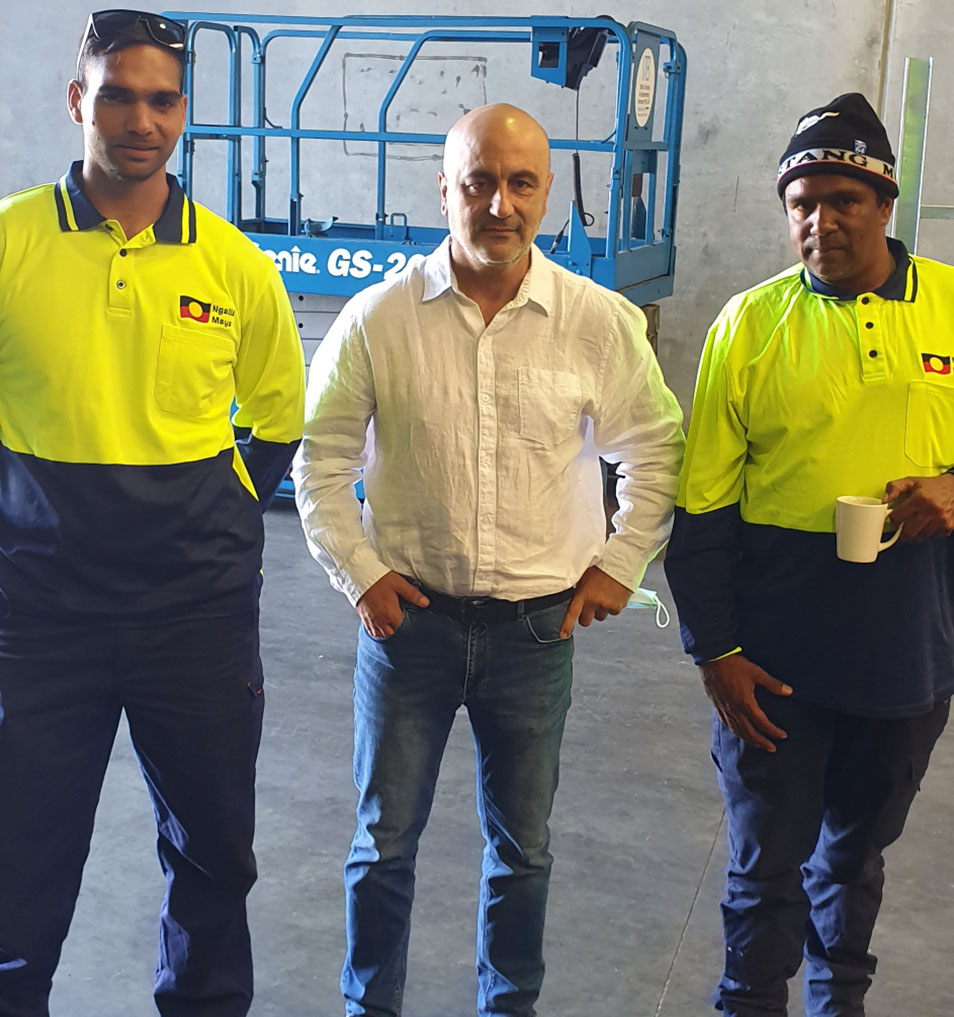
READ MORE: ‘Never truly alone’: Gerry Georgatos’ mental health advocacy for migrants and the vulnerable

